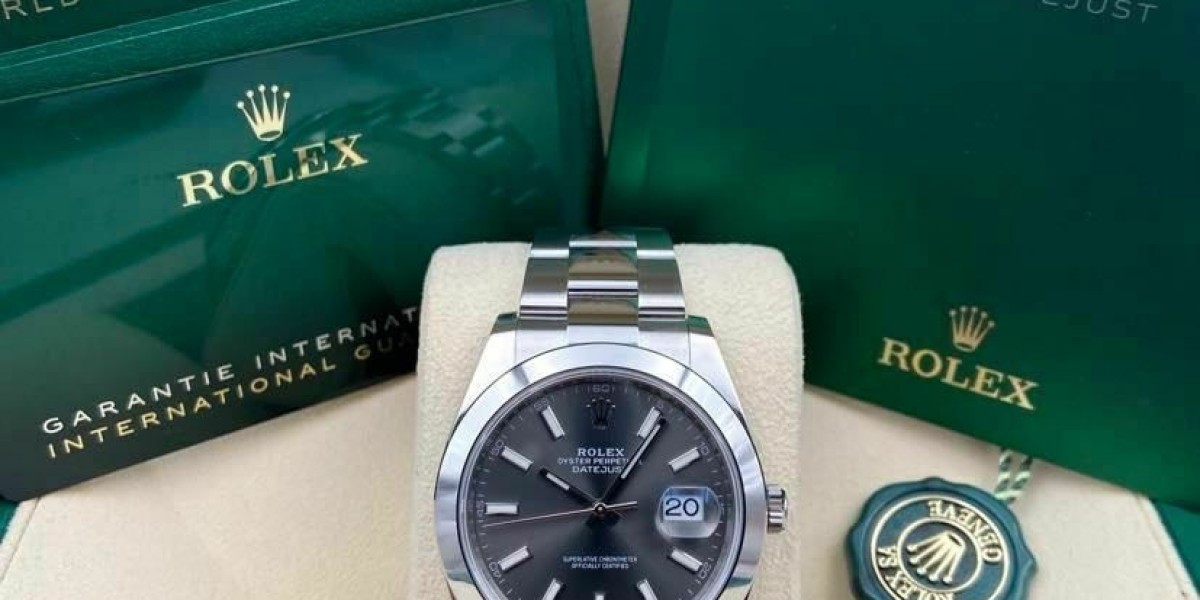Introduction
The market for luxury watches is a profitable one, with manufacturers like Rolex commanding high costs due to their popularity for high quality and craftsmanship. Nonetheless, not everyone can afford an authentic Rolex watch, leading some individuals and businesses to promote pretend or replica variations at a fraction of the cost. But is it legal to promote these counterfeit timepieces? This text will explore the moral and legal concerns surrounding the sale of pretend or replica Rolex watches.
Ethical Considerations
From an moral standpoint, selling fake or replica Rolex watches will be seen as dishonest and misleading. Shoppers who buy these counterfeit items may consider they're getting a excessive-quality product when in reality, they're buying a knock-off. This could result in disappointment and a loss of belief in the seller. Furthermore, counterfeit goods often fund criminal organizations and contribute to a black market economic system, which may have destructive social implications.

As well as, the sale of pretend or replica watches can harm the status of the original brand. Rolex has constructed a robust model image over the years, and the presence of counterfeit versions available in the market can dilute the exclusivity and prestige associated with proudly owning a real Rolex watch. This could in the end affect the model's profitability and standing in the luxury watch industry.
Legal Concerns
Whereas the sale of fake or replica Rolex watches is unethical, additionally it is illegal in lots of jurisdictions. Rolex holds trademarks and copyrights for its designs and logos, which are protected by intellectual property legal guidelines. Promoting counterfeit objects that infringe on these rights can result in authorized action, together with civil lawsuits and criminal expenses. In the United States, for example, the Lanham Act prohibits the sale of counterfeit items and permits trademark house owners like Rolex to seek damages and injunctions towards infringing parties.
Along with intellectual property legal guidelines, selling counterfeit watches also can violate client protection laws. Many international locations have regulations in place to guard consumers from deceptive commerce practices, such as false advertising and fraud. Promoting fake or replica Rolex watches without disclosing their true nature can be considered a form of fraud, exposing sellers to legal consequences.
Penalties for Selling Fake Rolex Watches
The penalties for selling faux Rolex watches can range relying on the jurisdiction and the particular circumstances of the case. In some nations, selling counterfeit items is punishable by hefty fines and imprisonment. In the United States, for example, individuals convicted of trafficking in counterfeit items can face up to 10 years in prison and fines of up to $2 million for firms.
In addition to criminal penalties, sellers of fake Rolex watches might also be topic to civil lawsuits filed by the trademark proprietor. Rolex has a authorized team devoted to enforcing its mental property rights and combating counterfeiting. The company actively pursues legal motion in opposition to sellers of fake Rolex watches, looking for damages for misplaced sales and hurt to its model popularity.
Conclusion
In conclusion, the sale of faux or replica Rolex watches is a complex concern with ethical and authorized implications. Whereas it may be tempting to buy a knock-off version of a luxury watch at a discounted value, consumers ought to be aware of the dangers associated with buying counterfeit items. Sellers of faux Rolex watches should even be conscious of the potential authorized penalties of their actions. Ultimately, the best replica watch (lakesimcoearms.com) course of action is to support genuine manufacturers and merchandise, and to respect the mental property rights of others.








